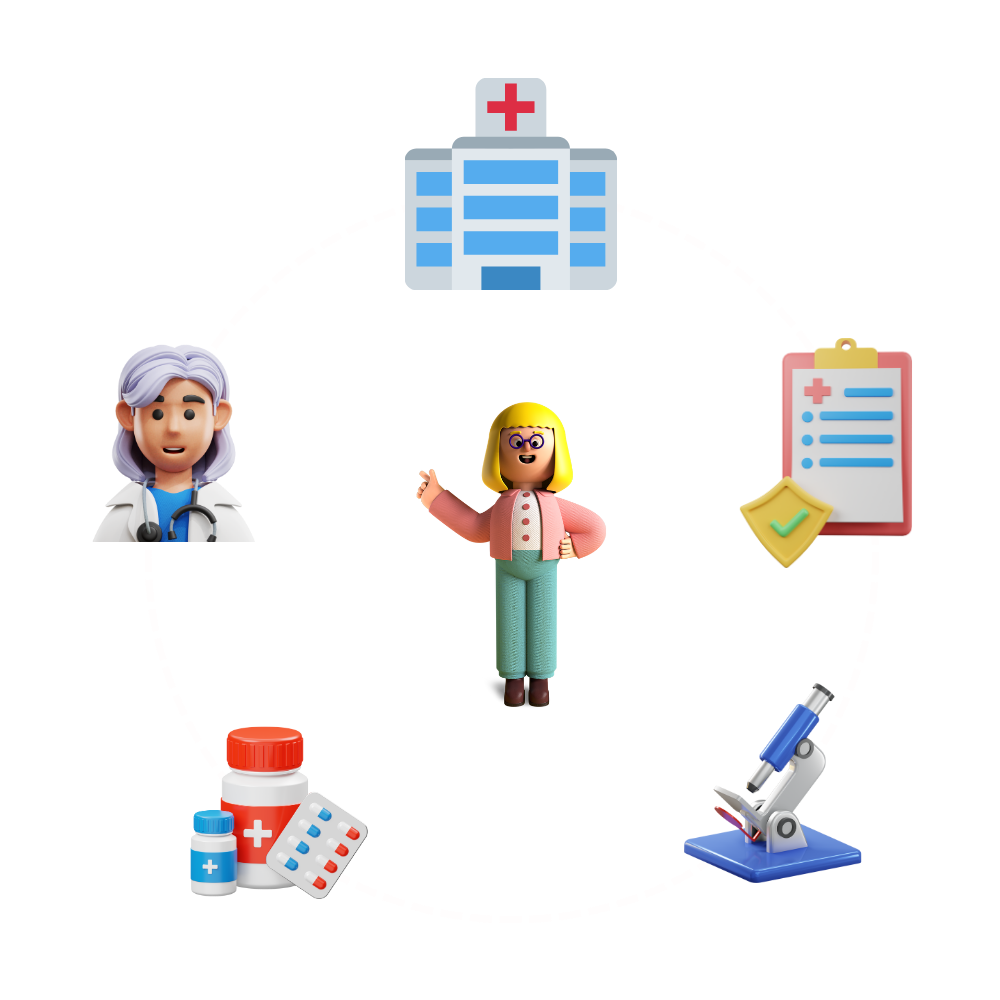About Chiranjeev Hospital
Since 2010
Chiranjeev Hospital is one of best specilaity clinic located at Chhani, Vadodara. Established in the year 2010. Chiranjeev Hospital is visited by top doctors like Dr. Hemank P Dhruv (Orthodontist).
The Timing of Chiranjeev Hospital is
MON - SAT
11:00 AM - 02:00 PM
06:00 PM - 08:30 PM
For patients pleasant facility, Chiranjeev Hospital provides a amenities like Waiting lounge. Chiranjeev Hospital has a wide range of procedures and services offered to their patients like Counselling, Fracture Plaster, General Medical Consultation, Knee Replacement, Spinal Therapy, Consultation, X ray & More. The 1 Doctors at Chiranjeev Hospital are very good knowledge in their field of expertise & provide the best Diagnosis & Treatment to patients.
The staff at Chiranjeev Hospital are polite and providing prompt assistance with any queries that the patient may have. The patient can pay for the service with ease by using any of the available modes of payment, such as Credit Card, Debit Card, Cash.
Chiranjeev Hospital is an Orthopedics Hospital in Chhani, Vadodara. The clinic is visited by doctors like Mr. Hemank P Dhruv. The timings of Chiranjeev Hospital are: Mon-Sat: 11:00-14:00, 18:00-20:30. Some of the services provided by the Hospital are: Orthopaedics,Consultation,Fracture Plaster,X Ray and Orthopedic Surgery etc. Click on map to find directions to reach Chiranjeev Hospital
 Drlogy
Drlogy




